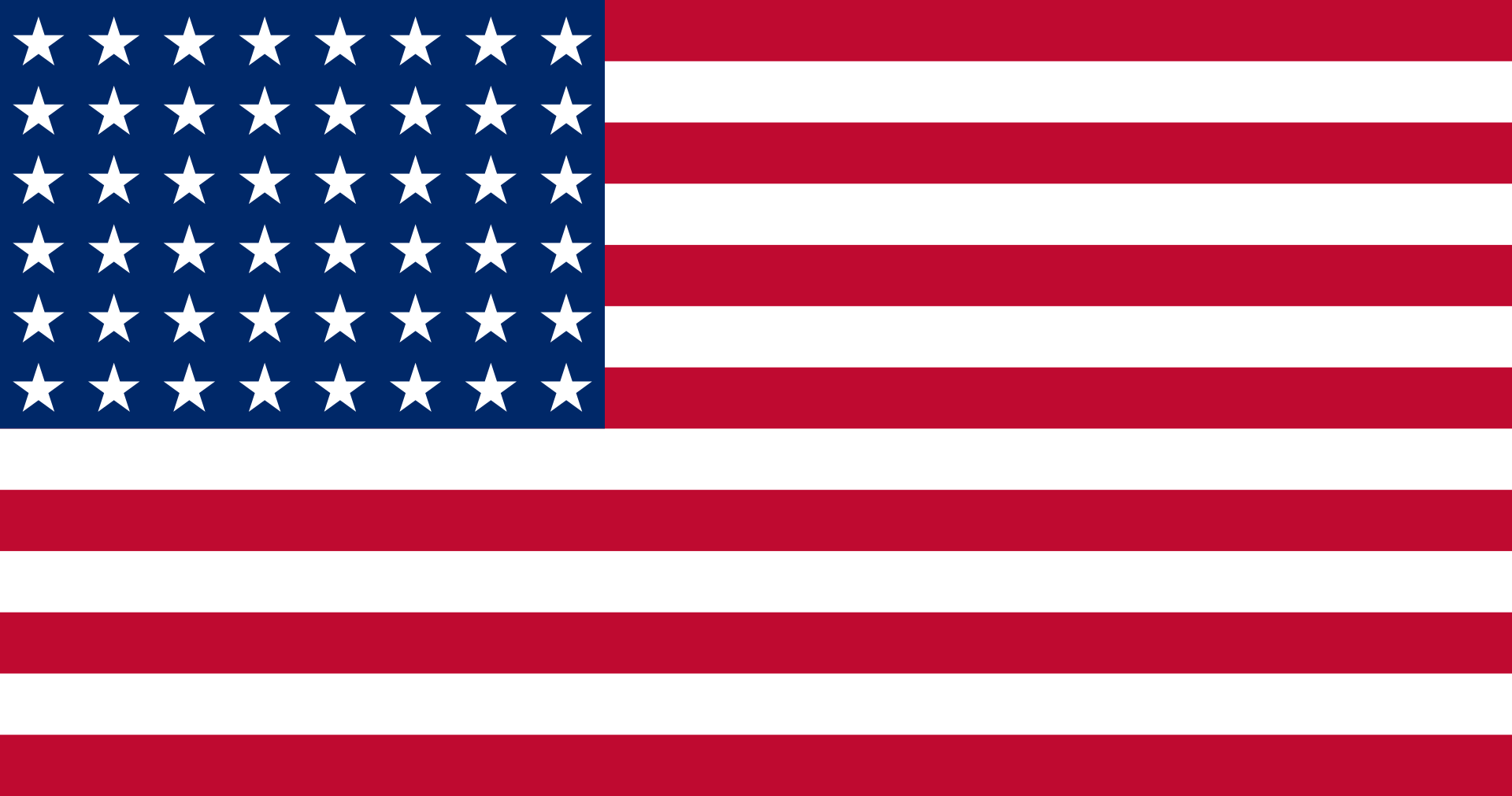56th Troop Carrier Squadron
Operator Identification
United States of America
TYPE: USAAF unit
IATA/ICAO CODES: Nil
HEADQUARTERS: Bowman Field, KY (1942-1943), Sedalia AAF, MO (1943), Laurinburg-Maxton AAB, NC (1943), Baer Field, IN (1943), Port Moresby, New Guinea (1943), Dobodura, New Guinea (1943), Port Moresby, New Guinea (1943-1944), Nadzab Field, New Guinea (1944), Mokmer Field, Biak, Papua, Dutch East Indies (1944-1945), San Jose, Mindoro, Philippines (1945), Porac, Luzon, Philippines (1945), Okinawa, Japan (1945), Tachikawa AB, Japan (1945-1946)
FORMER NAME: Nil
SUBSEQUENT NAME: 56th Troop Carrier Squadron, Medium (reactivated August 1947, redesignatec June 1949)

Operator History
The 56th Troop Carrier Squadron was one of the 375th Troop Carrier Group's four squadrons during World War II. It was constituted on 12 November 1942 and activated on 18 November 1942 at Bowman Field, KY with a fleet of Douglas C-47. Commandos started replacing the C-47s from December 1944.
The squadron initially trained stateside for overseas duty at Sedalia AAF, MO, Laurinburg-Maxton AAB, NC and Baer Field, IN with the rest of the Group. It moved to the Southwest Pacific theater of operations during June and July 1943, initially based at Port Moresby, New Guinea from 15 July 1943, with a brief period at Dobodura, New Guinea between 2 August and 23 December1943. On 5 September 1943, its Douglas C-47s participated with the rest of the Group in the first airborne operation in the Southwest Pacific, dropping US paratroops of the 2nd Battalion, 503rd Parachute Infantry Regiment to seize Japanese bases and cut overland supply lines at Nadzab, New Guinea. On 22 April 1944, the Squadron moved there, and to Biak Island on 19 September 1944. From July 1943 until February 1945, the 56th TCS was busy transporting men, supplies, and equipment to forward bases on New Guinea, New Britain, the Solomon Islands, and the Admiralty Islands. It sometimes used armed Boeing B-17 Flying Fortress aircraft for the more hazardous missions that involved landing on fields under enemy attack.
In December 1944, the 56th TCS began to convert from the venerable C-47 to the larger C-46D Commando. After the Squadron moved from New Guinea and Biak Island to San Jose, Mindoro in the Philippines on 27 February 1945, most of its missions were supply flights to ground forces on Luzon and neighboring islands. The Squadron moved to Porac Airfield on the Island of Luzon on 20 May 1945. It also transported cargo to forces in the Ryukyu Islands in June and July 1945, then moved to the newly-captured Japanese island of Okinawa in August to transfer troops from the Luzon staging bases to the Ryukyus for the planned November 1945 invasion of Japan.
After Japan surrendered, the 56th TCS ferried liberated Allied prisoners from Okinawa to Luzon. On 20 August 1945, it moved to Okinawa, and on 20 September 1945 to Tachikawa AB, Japan as part of the Allied occupation of Japan. The Squadron was inactivated there on 25 March 1946.
Commando Operations
December 1944 to March 1946
Last edited: 27/10/2020

